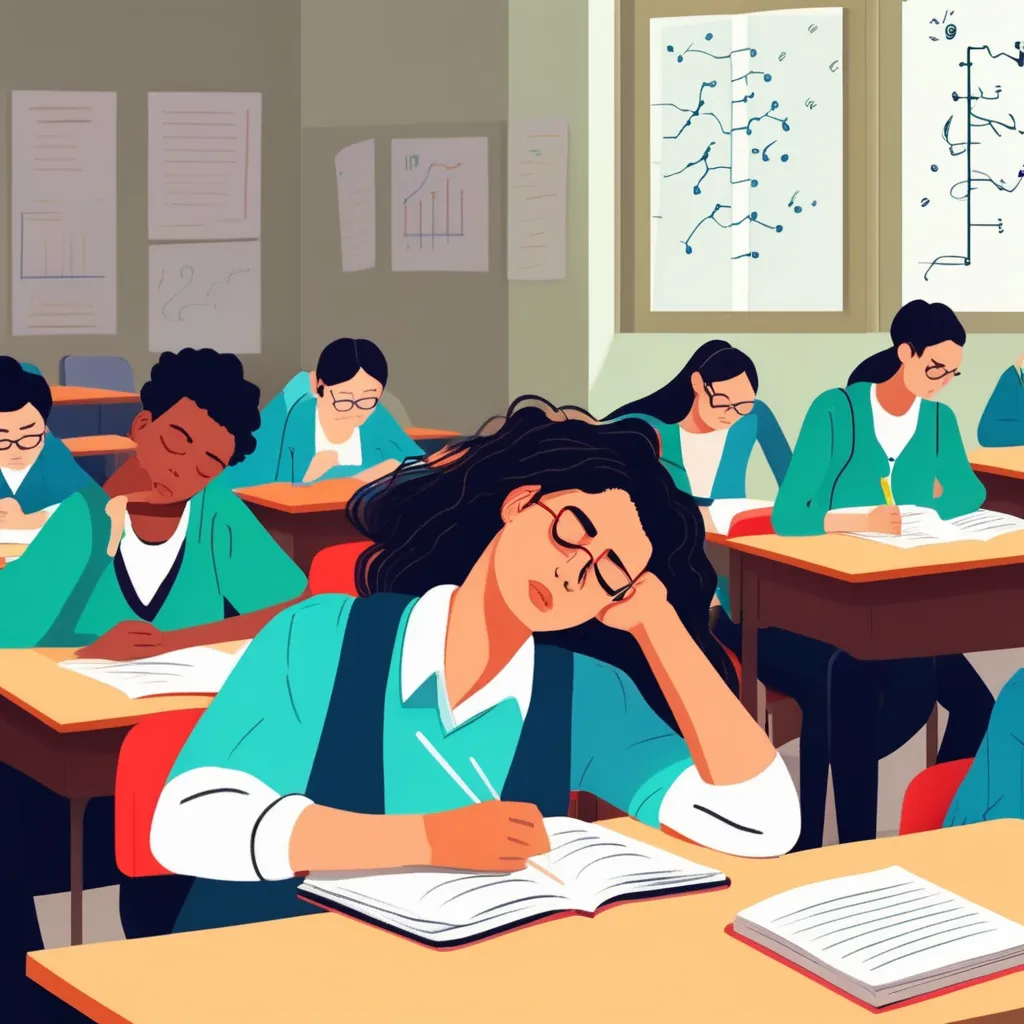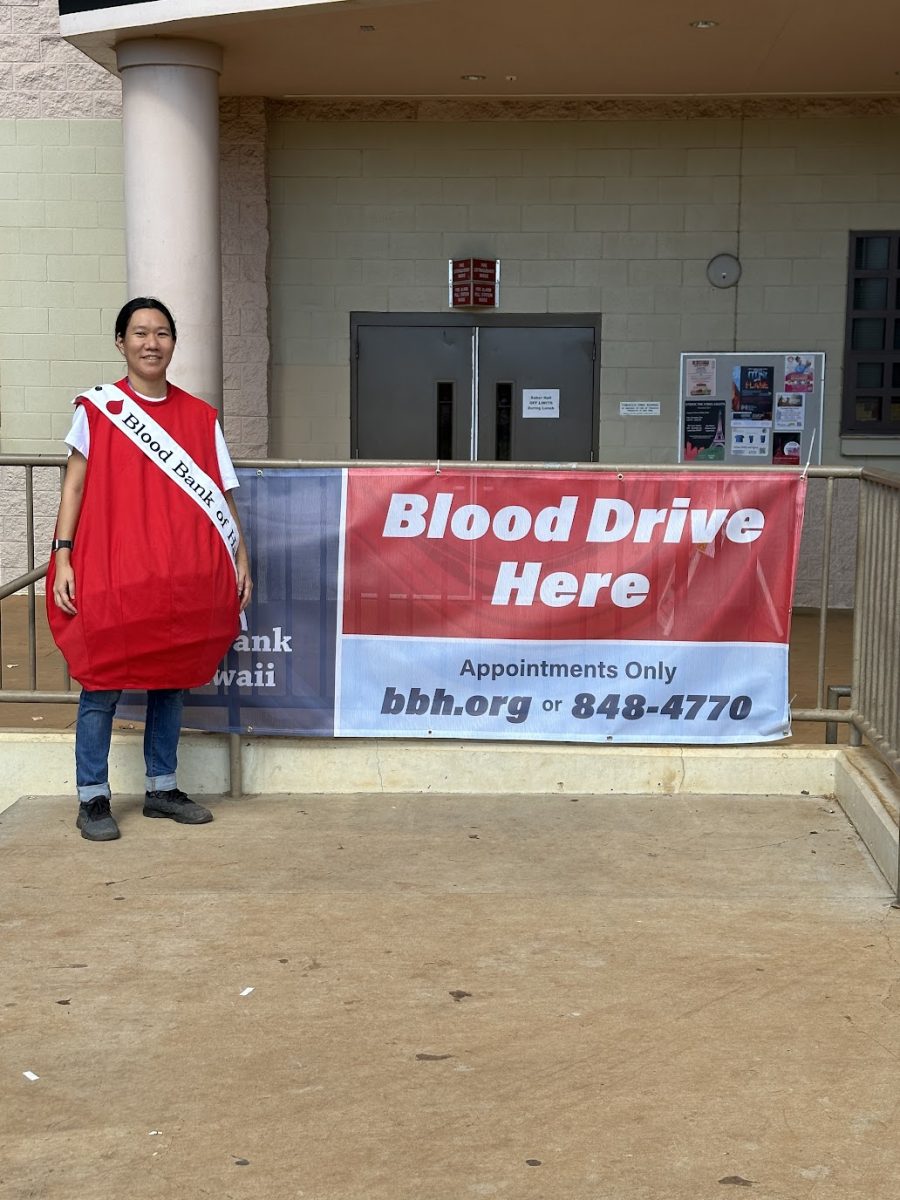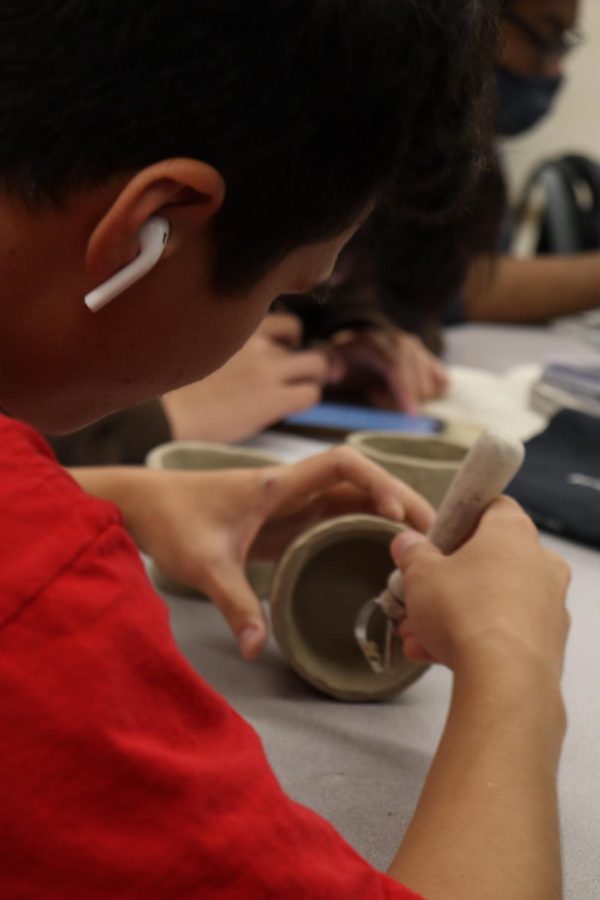Twenty-five percent of adult women in the U.S. have received therapy while only 12% of men have according to statista.com. The percentage of men who seek therapy is half of that of women because the fear of being seen as “weak”, and others argue that it’s a fear of rejection. Cultural circumstances play a part in this as many cultures and communities either don’t respect others who seek mental help or are unwilling to get it themselves. If left untreated these fears have often led into harmful actions such as self harm and suicide.
Dayton Cyprus, 17 year old male, and student at James Campbell High School, expressed that his Filipino upbringing has set his mindset about therapy and mental health. He said, “When I was younger, my family never gave me the opportunity to express my feelings, so as I grow up and find people I vibe with, I can express my emotions more freely.” He has repressed his emotions so now that he’s met people who let him speak freely and who don’t judge him for having feelings, he’s letting them out and “healing” his past self. He slightly fears sharing his emotions in contrast to woman and non-identifying individuals, as he said, “Yes, sometimes I feel like I would be judged and no one would understand, and I feel as if women understand women, but men often don’t understand each other.” Cyprus does not feel as if therapy for men is taboo in a general sense, but the reason he has never gone to therapy is because he felt as if it was taboo in his personal life.
Mitchell Higashi, male teacher at James Campbell High School who has gone to therapy, expressed his opposing experience and opinions, he does not feel as if he needs to hide his emotions anymore than a woman, he has always been a “very honest and open person.” He believes mental situations should be treated just as any other medical case, he said, “It’s not taboo, if you’re physically sick or break you arm, you would go to the hospital, so why not for your mental health?” In his multiple years of teaching Higashi has seen evolution not just within the concern of men’s mental health, but for the entire school, he said, “There has been more focus on mental well-being in general especially after Covid-19 there has been an increase in concern, like surveys and SEL learning.” He has not seen much change in his personal mental stability from a child till now, but one change that has occurred for him was his ability to control his words, he said, “Over time I’ve learned to control my bluntness especially in professional settings and with people I’m not fond of, I’ve learned that not all thoughts have to be shared.”
A man’s mental status change change within seconds and it’s important to educate people now to prevent negative stigmas and outcomes connected to this topic. While services are available, it all depends on a person’s willingness to get help and access to resources, and bringing the resources to those who can’t access them on their own may open their mind to getting help. We have to let anyone and everyone around the world know that how they’re feeling is normal, and they are not alone. Being part of a community is important to mental health because it can give you a strong sense of identity and belonging. Mental health specialists are not the only people who are able to guide mentally ill people, being a patient and supportive listener may be all they need at the moment.




